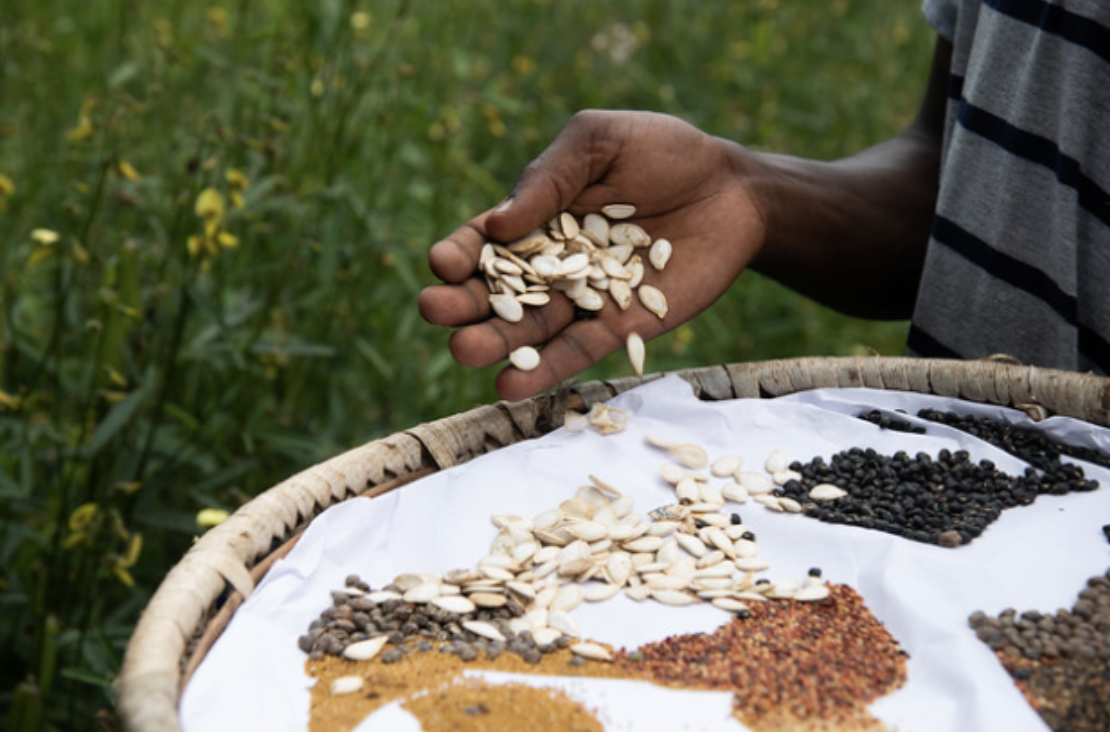Nestle Launches Bonus Program to Improve Incomes of Farmers in the Ivory Coast and Ghana
Cocoa farmer surveying harvested cocoa beans in Ghana (Wikimedia)
In a bid to improve farmers’ health and eradicate child labor, Nestle has announced a bonus plan for cocoa farmers, particularly those in the Ivory Coast and Ghana. These two countries grow 70 percent of the world's cocoa beans, and, in the Ivory Coast, cocoa production employs nearly 25 percent of the population. While integral to their respective economies, the Ivory Coast and Ghana have both struggled to police child labor. A 2020 report by the International Cocoa Initiative stated that 45 percent of children in agricultural households were engaged in child labor, 14 percent higher than the 31 percent reported in 2010.
The price of cocoa has halved in the last 40 years, leaving many farmers barely above a livable wage. The average small-scale farmer in the Ivory Coast makes just $1.23 per day, less than half of the minimum living income of $2.55.
Nestle CEO Mark Scheider and Ivorian Prime Minister Patrick Achi laid out their plan at a conference in January encouraging four healthy farming practices: using efficient agricultural techniques and pruning, crop diversification, diversifying production to include livestock, poultry, or beekeeping, and sending children to school. Nestle will pay $109 for every practice adopted by farmers and an additional $109 bonus for fulfilling all four for the first two years before being halved in each subsequent year. The full $545 bonus would represent a 20 percent increase in average income for cocoa farmers.
The response from the Ivorian government has been positive, with Prime Minister Achi applauding the plan for addressing "the root cause of the ills on which we all agree, which is the income of the farming population."
Farmers are eligible for the bonus regardless of the volume of cocoa they produce, ensuring that small family farms will receive aid. The money will be delivered through a mobile payment system in order to guarantee that funds are going directly from Nestle to the farmers. These payments will also be split between spouses in an attempt to promote gender equality.
The move was partially in response to proposed legislation in the EU parliament to fight the environmental impacts of deforestation. The law would require companies operating in the EU to conduct mandatory due diligence in ensuring sustainable farming practices in a number of agricultural products, including cocoa. It would also require corporations to have fully traceable supply chains, a goal that Nestle is attempting to accomplish by 2025. In 2021, only 51 percent of the cocoa Nestle used was traceable back to its source.






